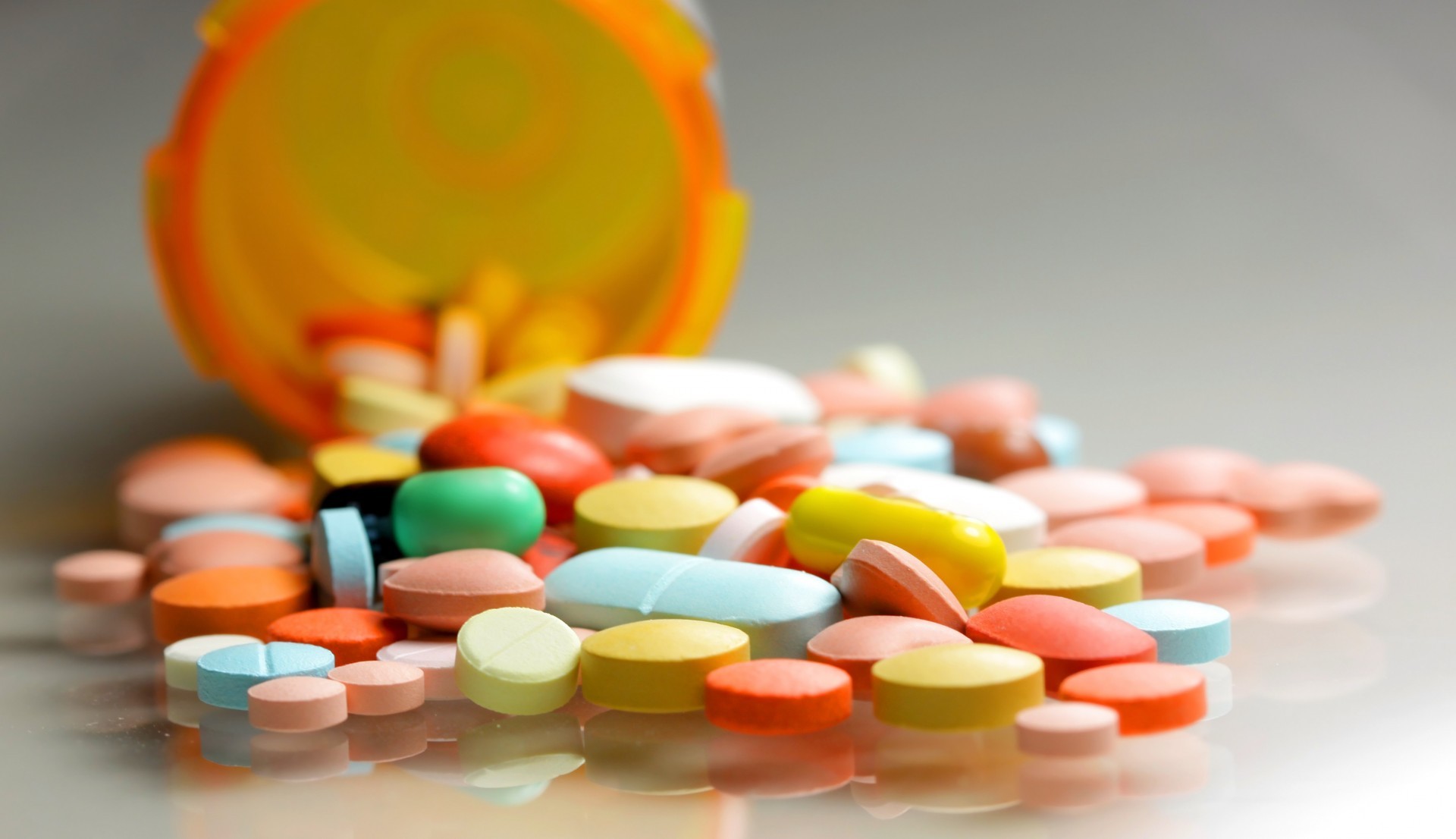First, medical professionals were facing a critical shortage of personal protective equipment (PPE), such as masks, gowns, eye gear, etc. And then they were found pleading for more ventilators. And now they are facing shortages of key drugs ventilators and anesthetics.
According to multiple sources, there have been shortages of albuterol, vasopressors for septic shock, neuromuscular blockers, and sedatives, such as propofol, midazolam, and fentanyl.
Dan Kistner, PharmD, told Medscape Medical News, “The rates at which hospitals traditionally had been able to fill orders for ventilator-associated drugs was 95%.”
He is the Group Senior Vice President, Pharmacy at Vizient, Inc.
“These classes of drugs have dropped to 60 or 70% in the last month alone, added Kistner. “Every day it’s dropping 2 or 3 additional percent.”
He noted the demand is simply “unprecedented,” adding that the shortages are increasing even after elective surgeries have been put on hold.
Premier Inc., a North Carolina-based healthcare improvement company, released a report that found 15 key drugs used for the treatment of coronavirus are in shortage, while the demand is increasing substantially, especially in New York.
The report came from a survey that was conducted between March 20 and 25, including key responses from more than 370 acute care and over 100 non-acute long-term care and retail pharmacy facilities.
Meanwhile, Kistner said there is an increased demand for six drugs associated with ventilator-anesthetics, which include dexmedetomidine, etomidate, ketamine, lorazepam, midazolam, and propofol.
He said, “In my career and in the career of all the pharmacists I talk with — the chief pharmacy officers for the largest healthcare institutions in the world — they’ve never seen demand like this.”
Although manufacturers have started increasing the production of PPE, hand sanitizers, and ventilators, no one can make a drug right away, according to Kistner.
“For someone to make propofol or hydromorphone or fentanyl, it usually takes about 5 weeks,” he explained.
Quality issues are often behind drug shortages, according to Michael Ganio, PharmD, senior director of pharmacy and quality for the American Society of Health-System Pharmacists.
“Some of the root causes are tied to economics,” Ganio said. “When drugs are cheap there’s not a lot of profit margin on them. Reinvesting in robust quality systems at the manufacturing plants is not very cost-effective.”
He explained that frontline medical professionals will have to reach for alternatives as they may have to wait for the production to increase.
“The challenge is that you’re using drugs you’re less familiar with, that have different side effect profiles,” Ganio added.
“Every time you have to use something you’re not used to, you’re introducing a little more risk.” The article originally appeared online on Medscape Medical News.























